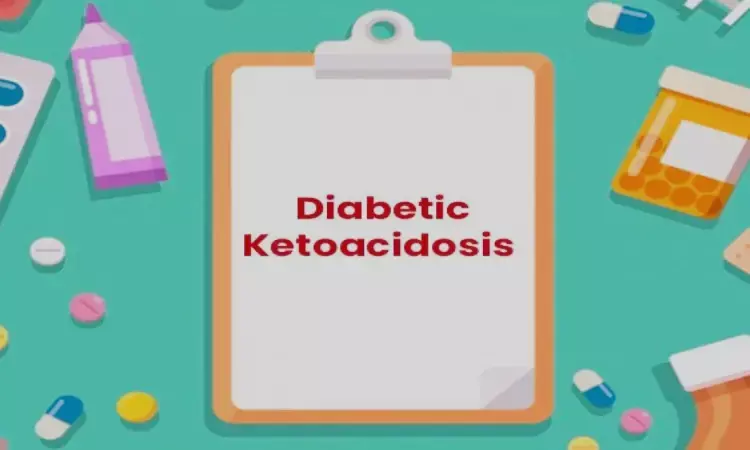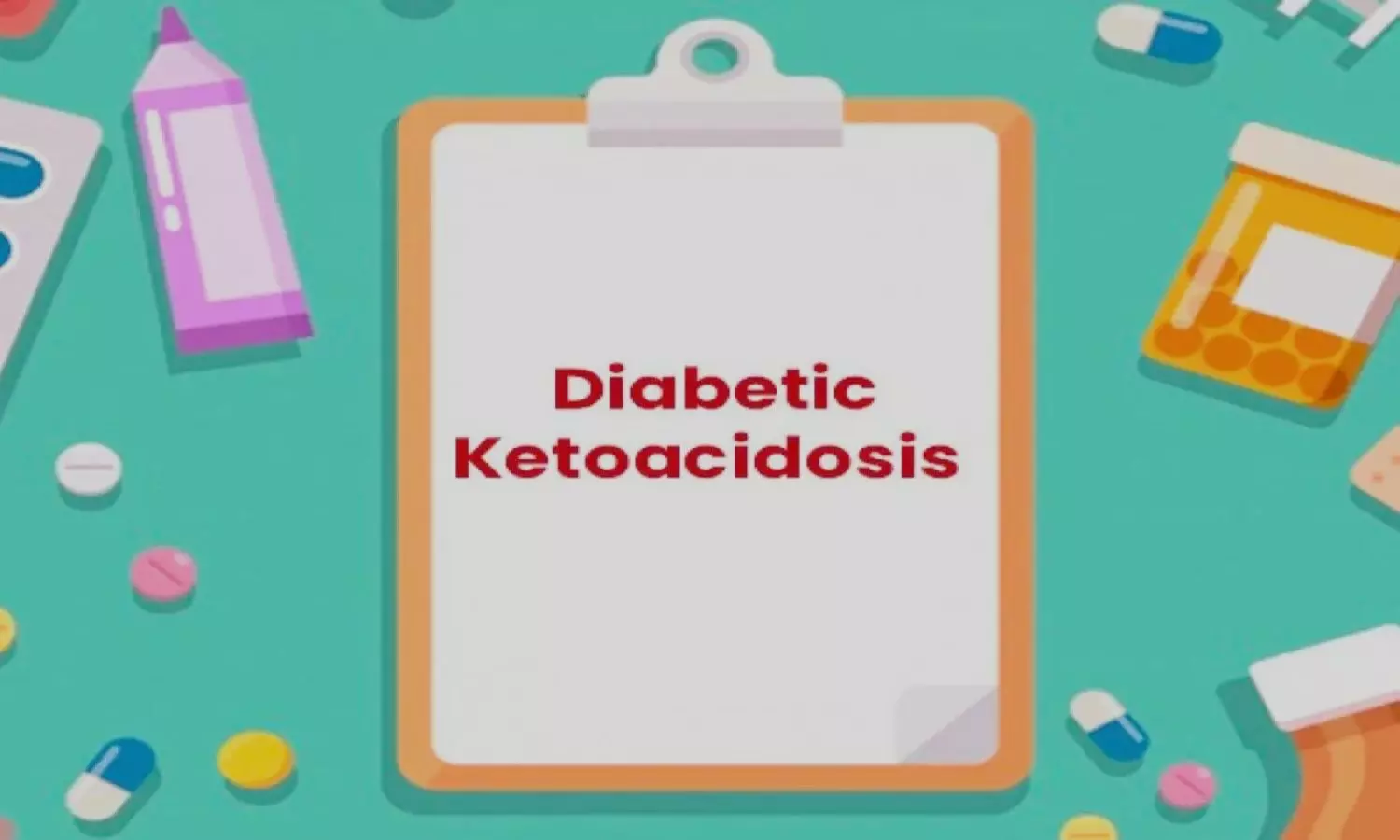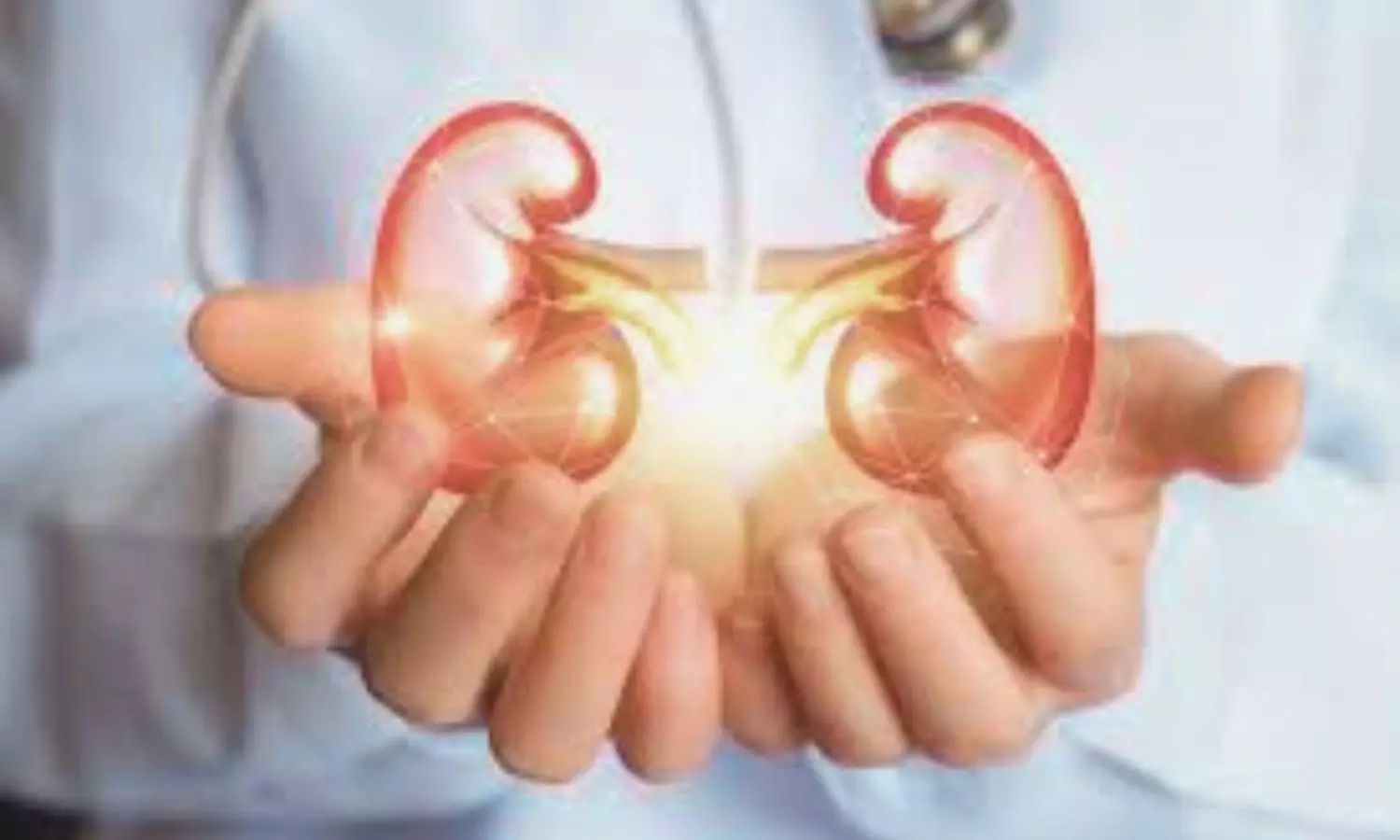- Home
- Medical news & Guidelines
- Anesthesiology
- Cardiology and CTVS
- Critical Care
- Dentistry
- Dermatology
- Diabetes and Endocrinology
- ENT
- Gastroenterology
- Medicine
- Nephrology
- Neurology
- Obstretics-Gynaecology
- Oncology
- Ophthalmology
- Orthopaedics
- Pediatrics-Neonatology
- Psychiatry
- Pulmonology
- Radiology
- Surgery
- Urology
- Laboratory Medicine
- Diet
- Nursing
- Paramedical
- Physiotherapy
- Health news
- Fact Check
- Bone Health Fact Check
- Brain Health Fact Check
- Cancer Related Fact Check
- Child Care Fact Check
- Dental and oral health fact check
- Diabetes and metabolic health fact check
- Diet and Nutrition Fact Check
- Eye and ENT Care Fact Check
- Fitness fact check
- Gut health fact check
- Heart health fact check
- Kidney health fact check
- Medical education fact check
- Men's health fact check
- Respiratory fact check
- Skin and hair care fact check
- Vaccine and Immunization fact check
- Women's health fact check
- AYUSH
- State News
- Andaman and Nicobar Islands
- Andhra Pradesh
- Arunachal Pradesh
- Assam
- Bihar
- Chandigarh
- Chattisgarh
- Dadra and Nagar Haveli
- Daman and Diu
- Delhi
- Goa
- Gujarat
- Haryana
- Himachal Pradesh
- Jammu & Kashmir
- Jharkhand
- Karnataka
- Kerala
- Ladakh
- Lakshadweep
- Madhya Pradesh
- Maharashtra
- Manipur
- Meghalaya
- Mizoram
- Nagaland
- Odisha
- Puducherry
- Punjab
- Rajasthan
- Sikkim
- Tamil Nadu
- Telangana
- Tripura
- Uttar Pradesh
- Uttrakhand
- West Bengal
- Medical Education
- Industry
Case of Euglycemic Diabetic Ketoacidosis due to SGLT2 inhibitor Empagliflozin

A recent case report highlights the importance of understanding the possibility of the development of Euglycemic diabetic ketoacidosis (EDKA) with the use of Empagliflozin, a new SGLT2 inhibitor as published in the journal Annals of Medicine and Surgery.
Diabetes is a global pandemic. sodium-glucose cotransporter 2 (SGLT2) inhibitors are the common medicinal management for diabetes. Empagliflozin which is a SGLT2i is frequently prescribed for diabetes due to its cardiorenal advantages. Diabetic ketoacidosis (DKA) is one of the most serious, significant, and acute diabetic complications characterized by hyperglycemia and ketoacidosis.
Euglycemic DKA (EDKA) keeps the patient’s serum glucose concentration within the normal range posing difficulty for the physician and the patient to identify it immediately. Previous literature shows that EDKA is one of the complications of using Empagliflozin. Waleed M. Altowayan from Qassim University, Saudi Arabia presents a case report of EDKA in a patient due to the use of Empagliflozin.
A 75-year-old woman with a 15-year history of type 2 diabetes mellitus presented to the emergency department with decreased consciousness and decreased oral intake for two days. She had been diagnosed with a cerebrovascular accident 12 days back and was discharged then with drugs like empagliflozin, aspirin, and atorvastatin.
There were no preceding symptoms, moderately dehydrated, with dry oral mucosa and poor skin turgor. CT scan and blood investigations were unremarkable except for metabolic acidosis, despite a minimally elevated serum glucose concentration. The patient was admitted to the intensive care unit with a diagnosis of EDKA secondary to empagliflozin and treated with intravenous rehydration therapy and intravenous insulin infusion. The patient was later discharged after gradual resolution of the ketoacidosis, with a normalized anion gap and elimination of the serum ketones,and was prescribed metformin extended release of 1 g daily and insulin 70/30 (20 U) twice daily.
This case emphasizes the importance of being aware of the development of EDKA in diabetics with the use of SGLT2i. SGLT2i promotes excretion and blocks glucose reabsorption from the proximal convoluted tubule causing carbohydrate starvation and volume depletion leading to a state of severe dehydration and ketosis due to an increased glucagon/insulin ratio. Apart from this mechanism they also enhance the release of glucagon from the pancreas, which worsens the existing glucagon/insulin imbalance.
It is necessary for both healthcare professionals and patients to be aware of the symptoms of EDKA like nausea, vomiting, fatigue, and dehydration. In such situations, it is advisable to get the ketone levels assessed and discontinue the SGLT2i if suspicion of the development of ketoacidosis is suspected.
The author further emphasizes that euglycemia is a common feature and can cause delays in the diagnosis. Hence, EDKA should always be considered in individuals who are on SGLT2i and developing unexplained metabolic acidosis.
Further reading: Altowayan WM. Empagliflozin induced euglycemic diabetic ketoacidosis. A case reports. Ann Med Surg (Lond). 2022;84:104879. Published 2022 Nov 12. doi:10.1016/j.amsu.2022.104879
BDS, MDS
Dr.Niharika Harsha B (BDS,MDS) completed her BDS from Govt Dental College, Hyderabad and MDS from Dr.NTR University of health sciences(Now Kaloji Rao University). She has 4 years of private dental practice and worked for 2 years as Consultant Oral Radiologist at a Dental Imaging Centre in Hyderabad. She worked as Research Assistant and scientific writer in the development of Oral Anti cancer screening device with her seniors. She has a deep intriguing wish in writing highly engaging, captivating and informative medical content for a wider audience. She can be contacted at editorial@medicaldialogues.in.
Dr Kamal Kant Kohli-MBBS, DTCD- a chest specialist with more than 30 years of practice and a flair for writing clinical articles, Dr Kamal Kant Kohli joined Medical Dialogues as a Chief Editor of Medical News. Besides writing articles, as an editor, he proofreads and verifies all the medical content published on Medical Dialogues including those coming from journals, studies,medical conferences,guidelines etc. Email: drkohli@medicaldialogues.in. Contact no. 011-43720751




